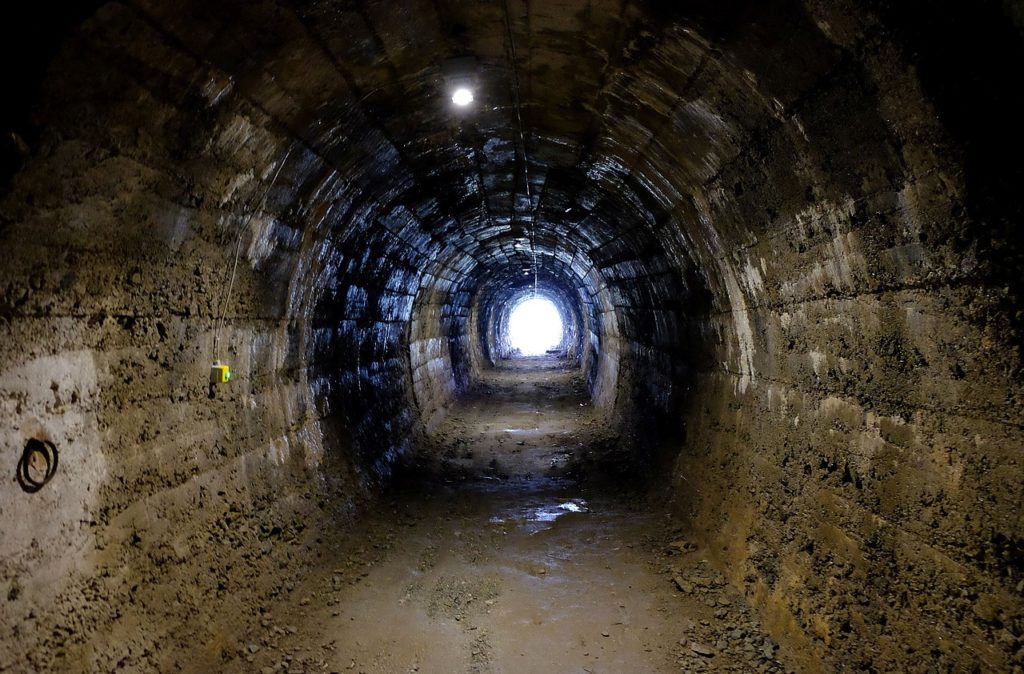
“We are the ones we have been waiting for.”
– Alice Walker
Unless you’ve been vacation on a far-off interstellar planet for the past weeks or months, you’re probably feeling the emotional impact of the last month’s nearly daily barrage of massive suffering: natural disasters, mass-shootings, on-going rampant structural and institutional racism.
It seems endless, lately, doesn’t it? As I write this, I cringe at what else might happen between the time I am writing this and when you will read it.
And it can feel disheartening and exhausting to engage with the heartbreak and frustration of it all. I know I can feel that way sometimes too.
How can we both engage with the reality of the world’s suffering and act in meaningful ways to make change?
How we react to suffering
Your instinct to the world’s pain might be to disengage, turn off social media and watch fluffy TV.
Your instinct might be to get angry with people who hold different views than you, or to lecture your acquaintances on Facebook about possible solutions.
Your instinct might be to go into observer mode, read more articles online, or get intellectual about the problems.
None of these responses are wrong, per se, or unusual: overwhelm, anger, or passive resignation are all common feelings I see around me and can experience myself in the face of human suffering.
Because this is what we do: these are our patterned responses, based from our long held survival instincts of flight, fight, or freeze.
And that’s what they are: patterns and reactions, usually chosen unconsciously.
The problem is that your patterned reactions don’t typically result in any real helpful or meaningful change. While they might make you feel better in the short run by helping you cope with the discomfort you’re feeling, they don’t do really anything about the systemic problems the world is facing.
In the face of world-class pain and suffering, what does a person of consciousness, caring and integrity do?
Don’t just do something, sit there
It may seem counterintuitive, but first we need to stop, and actually connect what is actually happening.
I’m not necessarily suggesting that you run out the door and put yourself directly in danger’s way of a raging storm or a flying bullet, but we need to fully see and understand what is happening before we act.
Be a witness to the horror, the suffering. Not as a tourist or as a voyeur, but actually see and feel it: don’t turn away.
Allow yourself to be uncomfortable: emotionally, physically and/or spiritually. It’s a privilege to be able to choose to walk away or turn off suffering… others can’t.
Sit with that experience of suffering in your heart and gut, not just your head, and breathe into it: someone else’s pain. What must that experience of loss and heartbreak be like?
This is empathy. This is your human family.
Pain reveals what matters
In the mainstream White culture that I come from, my observation is that most of us are terrible at being with grief, loss and pain: our own as well as others’.
Whether it’s personal or community pain, we typically numb it, ignore it, or step around it.
When we face pain directly, not only do we gain understanding and empathy about the situation as it is, but also our true selves are revealed.
What breaks you open – what tears your heart out, brings tears to your eyes, makes you mad as hell – tells you what is important to you.
Pain – ours or others’ – reveals our hidden needs as well as our hidden strengths.
We discover what we are made of. And where we have an opportunity to act.
Acting beyond the individual
Understanding and empathy to the human condition are necessary prerequisites to action, but not adequate alone to make real change.
So, knowing what you know, with the gifts, talents and privileges you hold, what will you *do* in the face of suffering in the world?
Tackling these issues – issues such as climate change, gun violence, and racism – from a systems approach is needed more than ever.
Rather than reacting to individual scenarios one at a time, we need to go deeper to address the underlying causes.
It’s not easy, and I’m not proclaiming expertise here on exactly what to do. But it is not enough to do nothing. These issues aren’t going to solve themselves.
And we need to do it together. Systems of oppression keep us silent and separated. Find partners, co-collaborators, and friends to learn, talk and act with. Form groups to discuss what you are learning, share ideas for action, and take steps together.
Because we are better together than alone. And together, and only together, will we see change.
Over to you
Where are the opportunities in your work and life to address the underlying systems issues that create the symptoms, the problems, we see on the surface?
Who can you partner with to collaborate and transform oppressive and unjust systems?
Appreciated this post?
Then use the icons below to tweet it, share it on Facebook and send it to specific friends via email.
And leave your email at the top or bottom of this page to be first to hear about more articles like this.
Image credit: Pixabay

 Before specializing as a professional coach in 2004, I spent more than a decade in leadership, management and program development for state and local government and non-profit organizations. Now I get to help leaders and teams have more clarity and ability to stand up for what's important in their work and in their organizations. Working with me, leaders and teams find more meaning and purpose, feel happier and more confident, navigate change and conflict, and work together better.
Before specializing as a professional coach in 2004, I spent more than a decade in leadership, management and program development for state and local government and non-profit organizations. Now I get to help leaders and teams have more clarity and ability to stand up for what's important in their work and in their organizations. Working with me, leaders and teams find more meaning and purpose, feel happier and more confident, navigate change and conflict, and work together better.
Leave a Reply